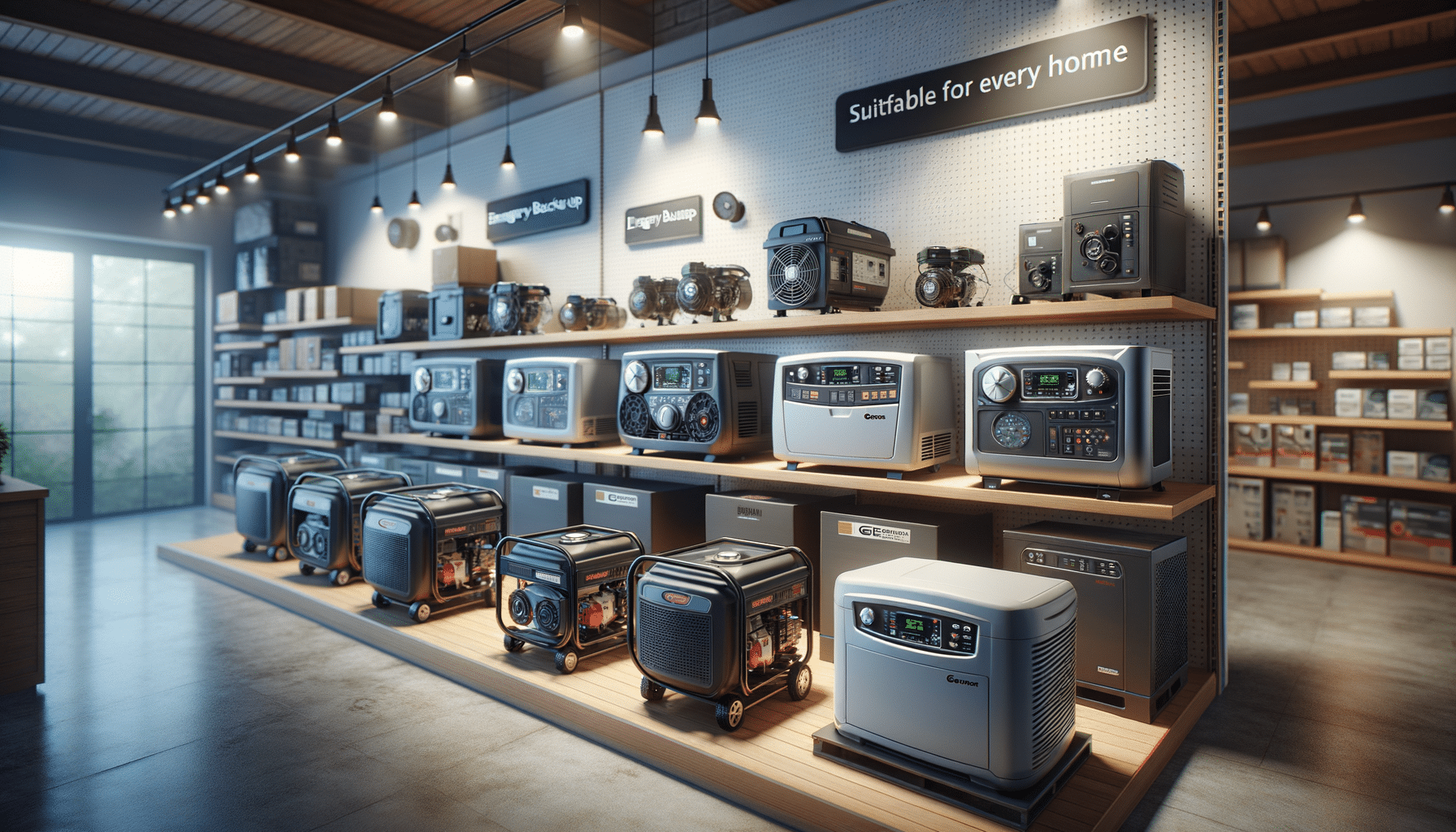
Power Generators for Every Home, Emergency Backup and Energy-Saving Models
Introduction to Power Generators
In today’s fast-paced world, having a reliable source of power is more important than ever. Power generators have become essential tools for homeowners, especially in areas prone to power outages or those looking to reduce their electricity bills. These devices not only provide an emergency backup during unexpected blackouts but also offer energy-saving benefits with newer, more efficient models. For remote workers and families, investing in a power generator can mean the difference between staying connected and being left in the dark.
Types of Power Generators
Power generators come in various types, each catering to different needs and preferences. The most common types include:
- Portable Generators: Ideal for temporary power needs, these are easy to move and set up, making them perfect for camping trips or small outdoor events.
- Standby Generators: These are installed permanently and automatically kick in during a power outage, providing seamless backup for your home.
- Inverter Generators: Known for their quiet operation and fuel efficiency, they are suitable for powering sensitive electronics.
- Solar Generators: Utilizing renewable energy, these are environmentally friendly and can significantly reduce electricity costs over time.
Each type has its unique advantages and choosing the right one depends on your specific power needs and budget.
Key Features to Consider
When selecting a power generator, several key features should be considered to ensure you make an informed decision:
- Power Output: Determine the wattage required to run essential appliances and devices during an outage.
- Fuel Type: Generators can run on gasoline, diesel, propane, or solar energy. Each fuel type has its benefits and drawbacks in terms of cost, availability, and environmental impact.
- Noise Level: Consider the noise output, especially if you live in a densely populated area or plan to use the generator during camping trips.
- Run Time: Evaluate how long the generator can run on a full tank or charge, ensuring it meets your needs during extended outages.
- Portability: If you need to move the generator frequently, look for models with wheels and handles for easy transportation.
These features will help you narrow down your options and choose a generator that best suits your lifestyle and requirements.
Benefits of Owning a Power Generator
Owning a power generator offers numerous benefits, making it a worthwhile investment for many households:
- Emergency Preparedness: Stay prepared for unexpected power outages, ensuring your family remains safe and comfortable.
- Energy Savings: Some models, particularly solar generators, can reduce your electricity bills by utilizing renewable energy.
- Convenience: With a standby generator, you can enjoy uninterrupted power without the hassle of setting up a portable unit during an outage.
- Versatility: Portable generators can be used for various purposes, from outdoor events to powering tools on a job site.
- Increased Property Value: Installing a standby generator can enhance your home’s value, appealing to potential buyers looking for reliable backup power solutions.
These advantages highlight the importance of having a power generator as part of your home essentials.
Conclusion: Making the Right Choice
Choosing the right power generator involves careful consideration of your power needs, budget, and environmental preferences. Whether you’re looking for a temporary solution with a portable generator or a long-term investment with a standby or solar model, understanding the different types and features available will guide you in making an informed decision. By investing in a power generator, you can ensure your home remains powered during outages, reduce energy costs, and enjoy the peace of mind that comes with being prepared for any situation. For remote workers, families, and anyone looking to enhance their home’s resilience, a power generator is a smart and practical choice.


